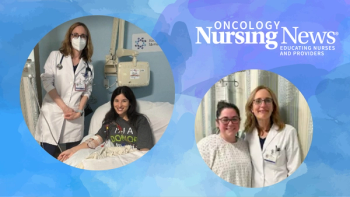
Dr. Duncan on Measuring the Success of Patient Navigation
Mark D. Duncan, MD, from The Johns Hopkins University School of Medicine, discusses demonstrable metrics that help measure the success of a patient navigation program.
Mark D. Duncan, MD, Vice Chair and Associate Professor of Surgery and Oncology, The Johns Hopkins University School of Medicine, discusses demonstrable metrics that help measure the success of a patient navigation program.
Duncan explains that it is very difficult to measure the success of a navigation program based solely on improvements in survival or cure rates. The more demonstrable metrics to measure are those showing improved care, such as pain management scores, comfort, and the timeliness of care.
Since navigators fulfill a series of tasks across the entire cancer care continuum, their efficacy can also be measured through patient education, outreach, screening, diagnosis, staging, treatment, survivorship, and end-of-life care. It has been shown that patient navigator programs can increase both access and utilization of care for poor and underserved individuals. This outreach results in higher cancer screening rates, Duncan notes, which can be measured easily.
Newsletter
Knowledge is power. Don’t miss the most recent breakthroughs in cancer care.




















































































